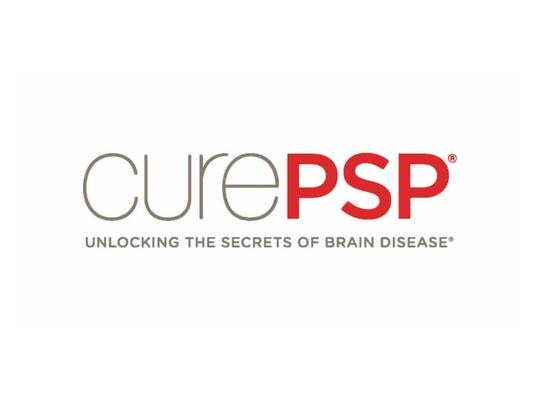Lecanemab for Alzheimer’s: “Proof of Principle” for PSP, CBD and MSA
Sep 30, 2022 By Oscar Sullivan
By Lawrence I. Golbe, MD, Chief Clinical Officer and Scientific Advisory Board Chair, CurePSP
Great news for people with Alzheimer’s disease: A monoclonal antibody for intravenous infusion called “lecanemab” has been found to slow the rate of worsening of early-stage AD by 27%. The Japanese drug company Eisai, which developed the drug, and the US company Biogen, which is assisting in the testing, jointly announced the news on September 26. If approved by the FDA, lecanemab would be the first drug available to slow the underlying disease progression in AD rather than merely treating the symptoms, as Aricept and other existing drugs for AD do.
In almost all neurodegenerative diseases, one or more proteins forms clumps called “aggregates” in brain cells. Lecanemab is an antibody directed against beta-amyloid, which is one of the two proteins that aggregate in AD. The other such protein is tau, which of course is the one protein that aggregates in PSP and CBD. In MSA, the protein is alpha-synuclein. Beta-amyloid protein is not involved in PSP, CBD or MSA. Two different monoclonal antibodies directed against the tau protein have failed to slow progression in PSP. Nevertheless, the lecanemab news is welcome for people with PSP, CBD and MSA. Here’s why:
- This is the first demonstration that reducing levels of the aggregating protein in a neurodegenerative disease can actually slow the ongoing progression of the condition in humans. (This has been accomplished in many ways in lab animals, but their artificial versions of human brain diseases are very incomplete models.) This means that some other way of reducing tau protein in humans with PSP/CBD might work.
- The two monoclonal antibodies that have failed in PSP were directed against the same end of the tau protein (called the “C-terminal” or “microtubule-binding domain,” if you want to get technical). Other monoclonal antibodies directed against the other end of tau (the “N-terminal”) might work better, especially as fragments of tau that include the N-terminal now seem to be the bad actors. Such monoclonal antibodies are in early-phase testing.
- Until now, it has not been fully clear that in human neurodegenerative diseases, the aggregating protein is what’s causing the loss of brain cells. Competing theories suggest that something else is damaging the brain cells and the protein aggregation is merely a result of that process rather than its cause. The lecanemab news suggests that the aggregates themselves are to blame. This makes future drug development a lot easier and more focused.
- Although no monoclonal antibody trials are currently in progress for PSP, CBD or MSA, there is a current trial of another way to reduce tau protein. Rather than destroying protein as antibodies do, this approach prevents the offending protein from being manufactured in the first place. It’s called “anti-sense oligonucleotide” treatment, and an early-phase safety trial for PSP is under way at several sites in the US and elsewhere. Trials of other ASOs for other neurodegenerative diseases are planned.
So, we congratulate those in the AD world on this successful trial, which we hope and expect will be the first of many, and we take heart that this “proof of principle,” as scientists call it, can soon be applied to PSP, CBD and MSA.
For more research updates, check out Larry’s full blog here.
Join our email list
Get the latest news and resources
directly to your inbox.
Get the latest news and resources directly to your inbox.
Sign Up



